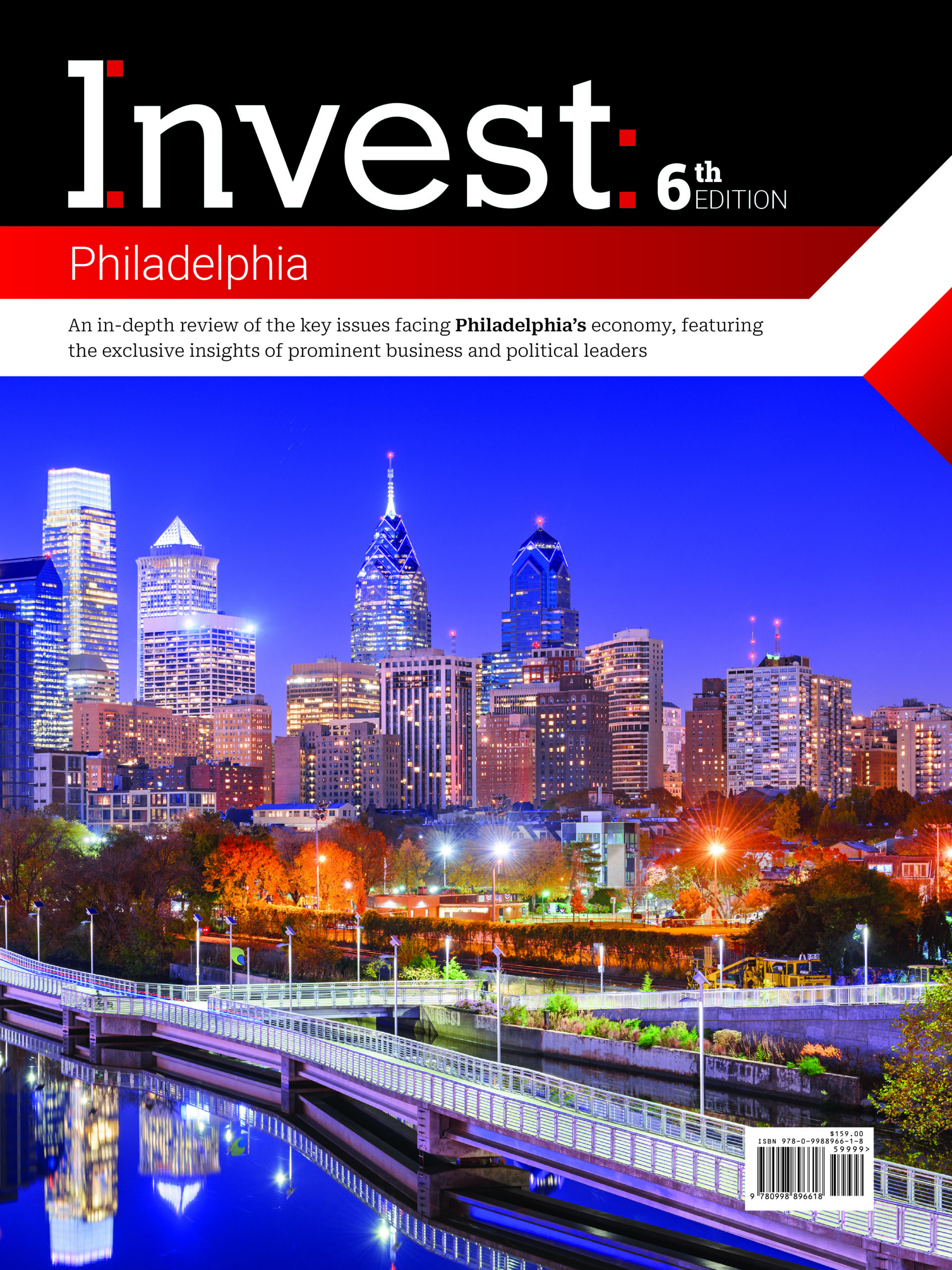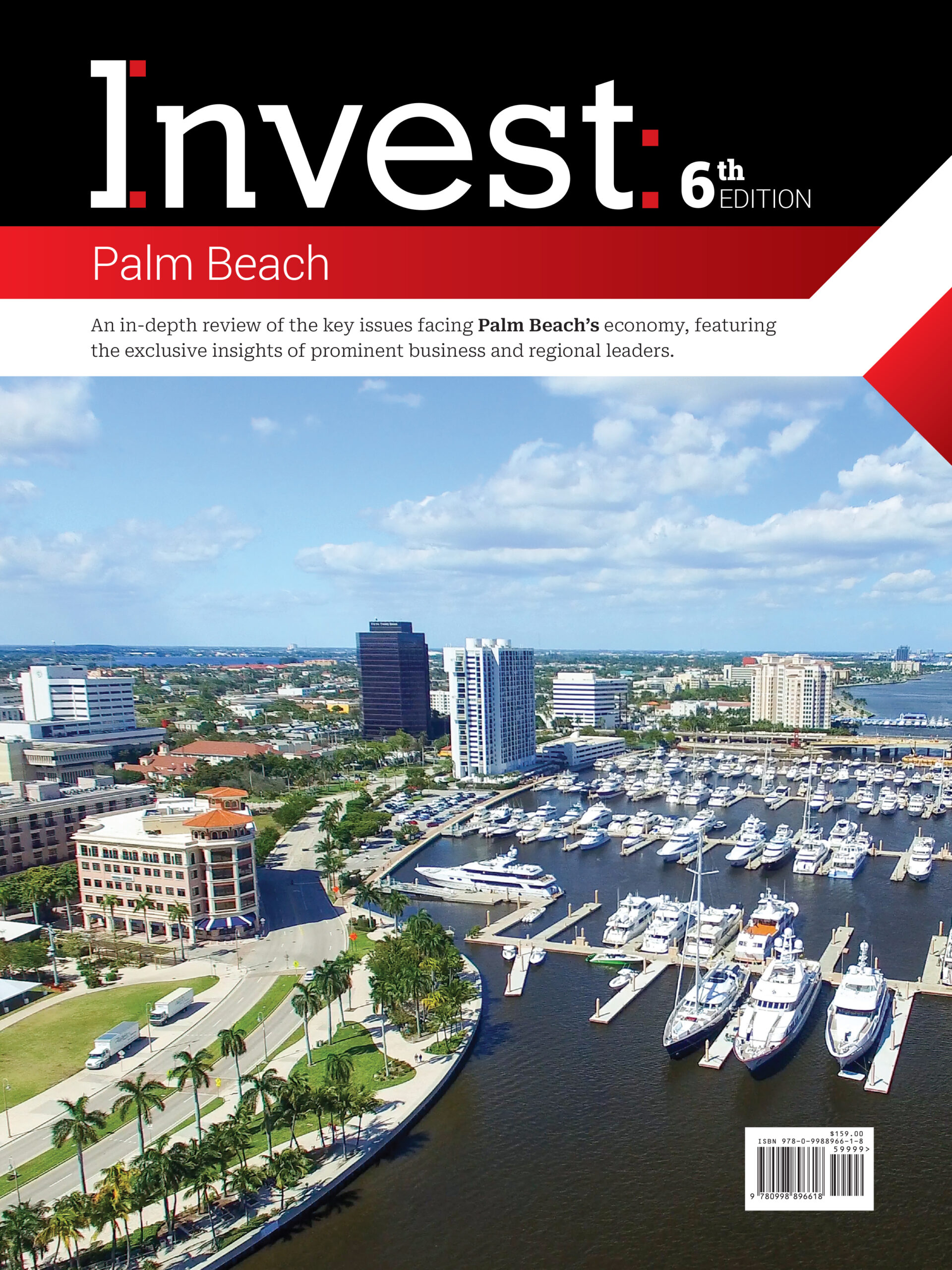Pittsburgh sees rising investment in AI and advanced tech
Writer: Melis Turku Topa
 June 2025 — Pittsburgh is positioning itself as a national hub for artificial intelligence and robotics, as major partnerships and investments from companies such as NVIDIA and Skild AI converge with research from Carnegie Mellon University and the University of Pittsburgh. Once known for its steel production, the city is now drawing venture capital, talent, and tech firms seeking lower costs and strong research infrastructure.
June 2025 — Pittsburgh is positioning itself as a national hub for artificial intelligence and robotics, as major partnerships and investments from companies such as NVIDIA and Skild AI converge with research from Carnegie Mellon University and the University of Pittsburgh. Once known for its steel production, the city is now drawing venture capital, talent, and tech firms seeking lower costs and strong research infrastructure.
“Pittsburgh is becoming a hub for AI and robotics, which attracts businesses, talent, and funding,” said Melanie Marie of the Pittsburgh Metropolitan Area Hispanic Chamber of Commerce in a recent interview with Invest:.
“Our downtown is thriving, and population growth is trending up, especially in high-paying sectors. That creates a real opportunity to invest in our neighborhoods and small businesses,” said Marie.
Carnegie Mellon University’s Robotics Institute and its National Robotics Engineering Center are central to Pittsburgh’s technology sector growth. A partnership with AI computing global leader Nvidia opened a dedicated AI research center in the city, enhancing its national profile in advanced technologies. The University of Pittsburgh is also advancing AI research through its Human Engineering Research Laboratories and Applied Research Center, focusing on applications in manufacturing and healthcare.
The city’s robotics ecosystem is supported by the Advanced Robotics for Manufacturing (ARM) Institute, a public-private partnership that plays an important role in workforce development and industrial digitization.
Even in a challenging economic climate, Pittsburgh’s potential is attracting exciting new industries. Donald Smith, president of the Regional Industrial Development Corporation (RIDC), shared an optimistic outlook in his interview with Invest:. “The macroeconomic environment is, of course, the biggest single influence on all businesses. But we have a lot of assets and resources in important and strategic areas like energy and AI and robotics and life sciences. I think it’s up to us to capitalize on those. For RIDC, I’m bullish on the project pipeline that we have and on the projects that we have developed,” said Smith.
Pittsburgh’s startup community is growing alongside the expansion of the AI sector. Last year Skild AI raised $300 million in a Series A funding round, giving the company a $1.5 billion valuation and positioning it among the region’s leading tech startups. The deal has helped draw increased venture capital attention to the city.
Supporting this momentum are local innovation accelerators like AlphaLab and The Robotics Factory, helping seed the next generation of AI entrepreneurs. The Pittsburgh Robotics Network (PRN) connects over 125 tech companies and supports more than 7,000 jobs in areas such as autonomous mobility, defense tech, and digital healthcare.
A major factor driving interest is Pittsburgh’s energy infrastructure, which plays a critical role in enabling new technologies. “The Pittsburgh region is considered the home of energy. As a result, industries and businesses are coming to the area with the intent of utilizing natural gas for power generation, which will help support businesses like data centers and other developing technologies,” Michael Huwar, president of Peoples Natural Gas, said to Invest:.
Infrastructure is also catching up to the needs of AI. One major example is the planned $10 billion redevelopment of the Homer City Generating Station. Robin Gorman, vice president for Government Affairs at Homer City Redevelopment, said the project is “putting us on the map,” as cited by The Allegheny Front. “We always hoped something would be big here, but this is monumental,” said Gorman.
READ MORE: Pittsburgh bets big on data centers and AI-driven growth
The plan is to build a high-capacity AI data facility — part of a broader push by local leaders through initiatives like the AI Strike Team, which aims to attract tech infrastructure and create tens of thousands of jobs by 2028.
“Our roots here are building hard things — from steel to robotics — and they perfectly match the demands of this moment,” Joanna Doven, founder of the AI Strike Team, recently told The Washington Post.
On the workforce side, Pittsburgh is leveraging its academic institutions to create a robust talent pipeline. CMU continues to rank as the top robotics PhD program globally, while Pitt’s innovation centers focus on technology transfer and workforce-ready solutions.
Neighborhoods such as Robotics Row in Lawrenceville and Bakery Square’s AI Avenue have become innovation corridors. The presence of companies like Duolingo backed by Google in these districts signals Pittsburgh’s growing presence as a national tech hub.
For more information, please visit:
https://www.cmu.edu/
https://www.pitt.edu/
https://www.aistriketeam.com/
https://arminstitute.org/

WRITTEN BY












